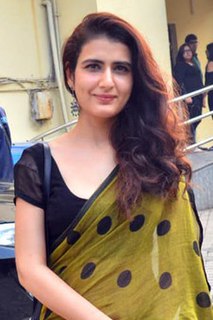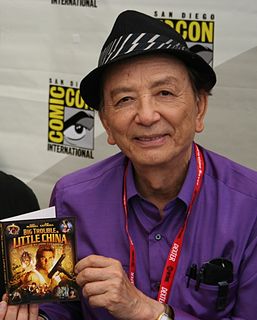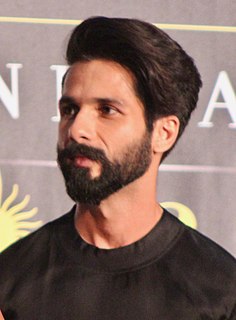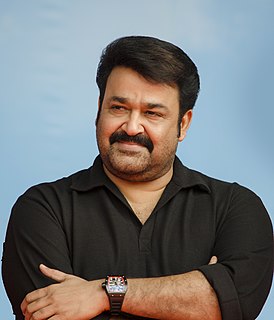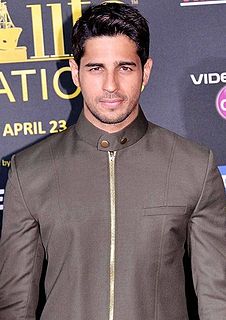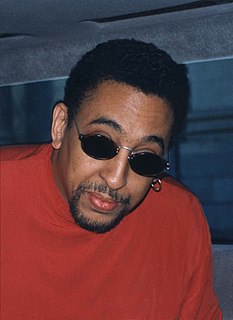A Quote by Fatima Sana Shaikh
I found it more challenging to act in a small scene, especially if it has no dialogue and if it is a close-up with only expressions.
Related Quotes
I thought I was okay in my first film, and then I was really, really bad in some films. I really cringe when I see some of my scenes. There's a scene in one film where a dog is biting me; the expressions I have made should be qualified as the most over-acted scene in the history of the cinema. The dog's expressions were more real than mine.
We tend to have so many more close shots, which compels an artist to actually put in more effort than it is required otherwise. So, it is the expressions on the face, and how an actor presents his or her character, that really makes a scene. In such ways, Mollywood is a fabulous training ground for actors and actresses from other industries.
When you're doing those operation scenes, you not only have to be on top of the dialogue and the rhythm of the dialogue and what's happening dramatically, but you've got to technically get the rhythm right, so that everything is fitting with the dialogue at the right time. And you're performing the operation to the audience that's watching it. Thackery has to present it, as well. In some ways, that's the most challenging.
I can work a lot faster when I'm writing a screenplay than when I'm writing a play because, if I'm having a problem with a scene or something, I can just be writing it in a way where there's no dialogue, or find a way to make sound do the work that I want to do or a close-up do the work that I need to do.
